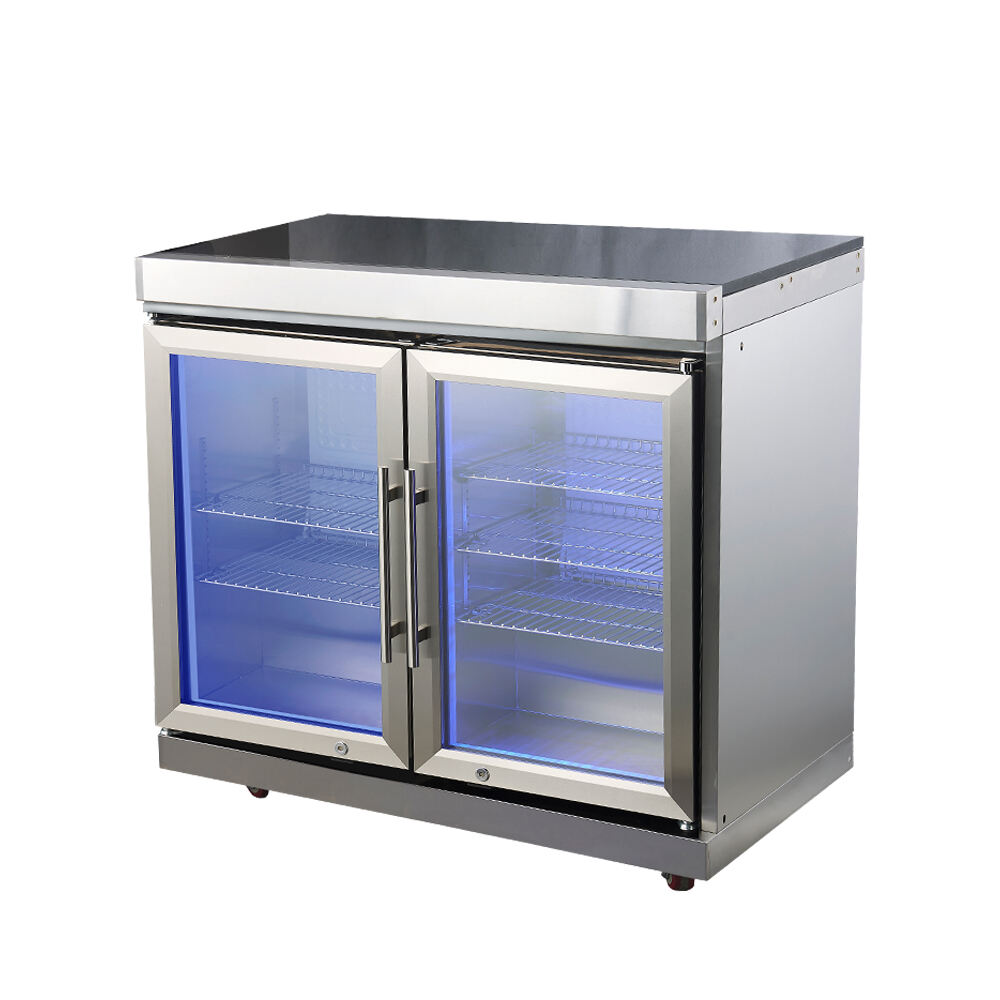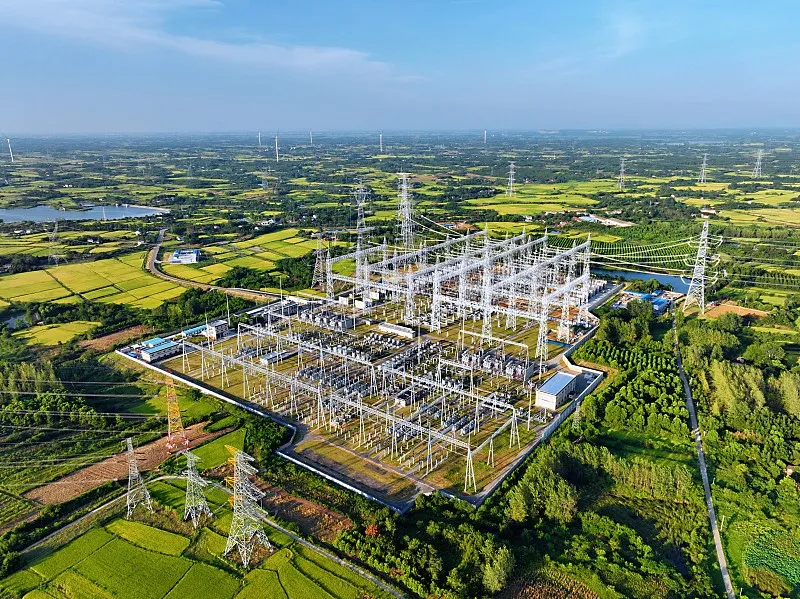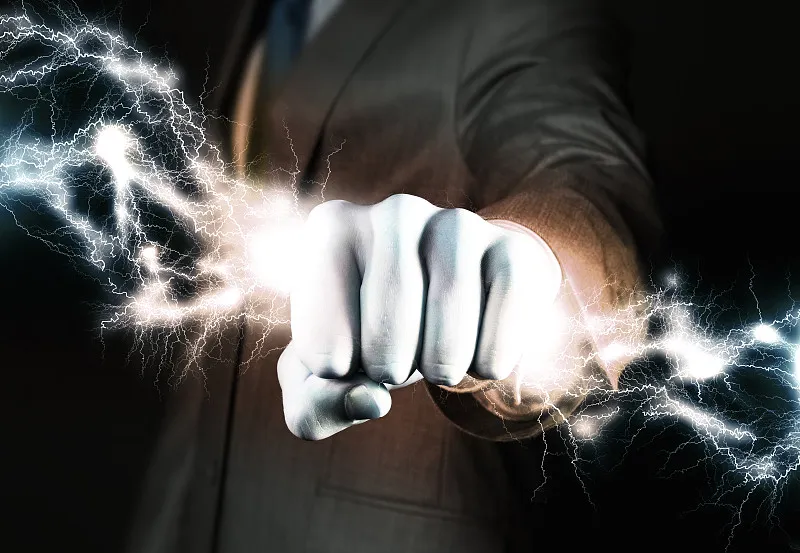How Do You Choose the Right BBQ Grill Size for Your Needs?
The Great Grilling Debate: Exploring Flavor Differences Between Fuel Types
For generations, outdoor cooking enthusiasts have passionately debated the merits of charcoal versus gas grills when it comes to flavor. This age-old discussion continues to spark lively conversations among backyard chefs and professional pitmasters alike. The charcoal gas grill flavor debate isn't just about personal preference – it involves understanding the science of cooking, smoke production, and heat distribution that ultimately affects how our food tastes.
Both grilling methods have their devoted followers, with each side claiming superior results. While gas grills offer convenience and precise temperature control, charcoal enthusiasts swear by the authentic smokiness and traditional barbecue experience their preferred fuel provides. Let's dive deep into the factors that influence flavor development and examine how each fuel type contributes to the final taste of grilled foods.
Understanding Smoke and Its Impact on Flavor
The Chemistry of Smoke Generation
When it comes to charcoal gas grill flavor profiles, smoke plays a crucial role. Charcoal produces smoke through the combustion of organic material, releasing compounds like guaiacol and syringol that create that characteristic barbecue taste. Gas grills, while producing less smoke naturally, can still generate flavorful results when drippings hit the hot surfaces below the cooking grates.
The type of smoke produced affects food differently. Charcoal smoke contains more complex organic compounds that penetrate the food's surface, creating deeper flavor layers. The clean-burning nature of gas means less natural smoke production, but this can be advantageous when seeking to highlight the natural taste of delicate foods.
Temperature Variations and Heat Distribution
The way heat reaches your food significantly impacts its flavor development. Charcoal grills typically provide more intense radiant heat, creating better caramelization and Maillard reaction – the chemical process responsible for that delicious browned exterior on grilled foods. Gas grills offer more even heat distribution but may require additional techniques to achieve the same level of exterior browning.
Many grill masters find that the charcoal gas grill flavor difference becomes most apparent when cooking at high temperatures. The intense heat from charcoal can create a more pronounced crust on steaks and better char on vegetables, while gas grills excel at maintaining steady temperatures for consistent results.
Practical Considerations for Both Fuel Types
Convenience versus Flavor Control
Gas grills offer unmatched convenience with instant start-up and precise temperature control. This consistency allows cooks to focus on timing and technique rather than fuel management. However, the charcoal gas grill flavor experience requires more hands-on attention, as maintaining optimal cooking temperatures demands regular adjustment of vents and fuel placement.
The extra effort required for charcoal grilling often translates to more engaged cooking sessions, where the chef develops a better feel for heat zones and timing. This increased involvement can lead to better results as the cook becomes more attuned to the food's needs and responds accordingly.
Cost and Maintenance Implications
When considering the charcoal gas grill flavor debate, it's worth noting the long-term investment in each fuel type. Gas grills typically cost more upfront but may save money over time through more efficient fuel use. Charcoal grills are usually less expensive to purchase but require regular fuel replenishment and more frequent cleaning to maintain optimal flavor production.
Maintenance requirements also affect flavor outcomes. Clean burning gas grills need less frequent deep cleaning, while charcoal grills develop a seasoned interior that can contribute to flavor development over time. Regular maintenance of either type ensures the best possible taste results.

Advanced Grilling Techniques for Maximum Flavor
Smoke Enhancement Methods
Regardless of your preferred fuel type, various techniques can enhance the charcoal gas grill flavor profile. Wood chips or chunks can be added to both styles of grills, though the method differs. For gas grills, smoker boxes or foil packets containing soaked wood chips create additional smoke. Charcoal grills can incorporate wood directly among the coals for more intense smoke flavor.
Advanced grillers often experiment with different wood types to complement specific foods. Fruit woods like apple or cherry offer mild, sweet smoke perfect for poultry, while stronger woods like hickory or mesquite pair well with red meats. These smoking techniques can help bridge the flavor gap between gas and charcoal cooking.
Temperature Zone Management
Creating and managing different temperature zones allows for better control over the charcoal gas grill flavor development. While this is easier to achieve with gas grills through burner control, charcoal grills can utilize bank and indirect cooking methods effectively. Understanding how to set up and use these zones improves cooking results regardless of fuel type.
Professional grillers often combine direct and indirect heating methods during cooking sessions. This approach allows for perfect searing while ensuring food cooks through properly without burning, maximizing flavor development while maintaining food safety and quality.
Frequently Asked Questions
Can I get the same smoky flavor from a gas grill as a charcoal grill?
While gas grills can produce excellent results, achieving the same level of smokiness as charcoal requires additional techniques like using smoker boxes with wood chips or chunks. The natural smoke production from charcoal creates a more pronounced traditional barbecue flavor, but gas grills can come close with proper methods and accessories.
How long does it take to master temperature control on each type of grill?
Gas grills typically have a shorter learning curve due to their precise temperature controls and consistent heat output. Mastering charcoal temperature management usually takes more practice, often several months of regular grilling, as it requires understanding fire management, vent control, and fuel placement.
Which type of grill is better for cooking different types of food?
Both grill types excel at different tasks. Gas grills are particularly good for foods requiring precise temperature control like fish and vegetables, while charcoal grills often produce superior results for foods that benefit from high-heat searing like steaks and burgers. The best choice depends on your cooking style and the types of food you frequently prepare.







